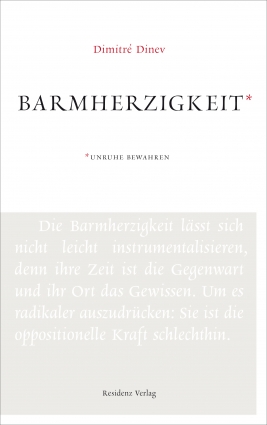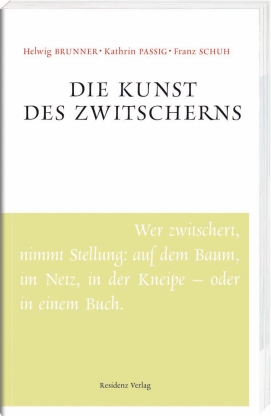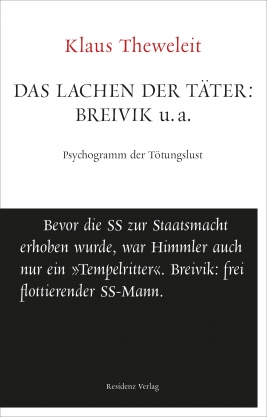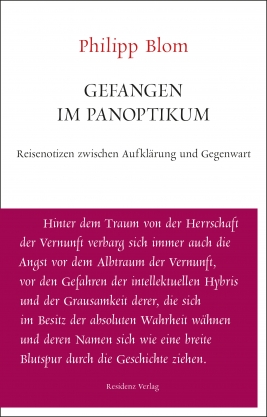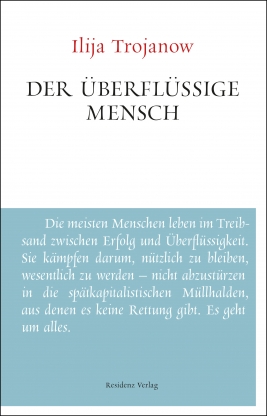
Ilija Trojanow - The Superfluous Human
An essay on human dignity in late capitalism.
Someone who neither consumes nor produces is redundant - according to the cutthroat logics of late capitalism. International elites claim that overpopulation is our greatest problem. If the population needs to be reduced, who will have to disappear asks Trojanow in his humanist essay that argues against the redundancy of humankind. In his forceful analysis he covers points such as devastation caused by climate change, ruthless neo-liberal politics on the labor market and the apocalypses presented in mass media that we, the seeming winners, fervently consume. One thing we have failed to realize is that these issues also concern us. They concern everyone and everything.
Book details
from the series "Keeping Uncalm"96 pages
format:140 x 220
ISBN: 9783701716135
Release date: 06.08.2013
License rights
- Denmark
- Italy
- Slovenia
- Spain







